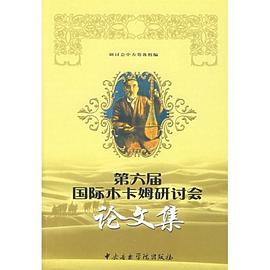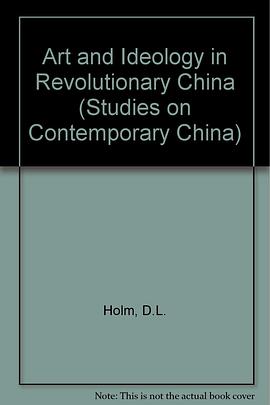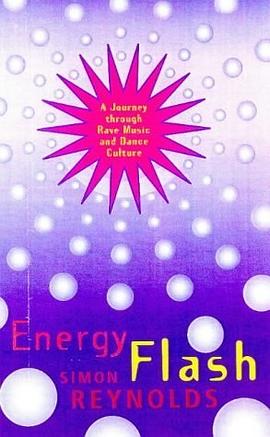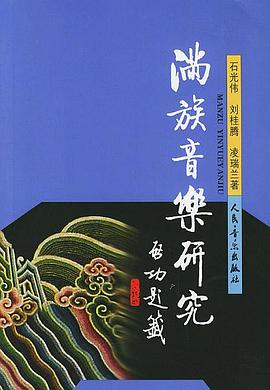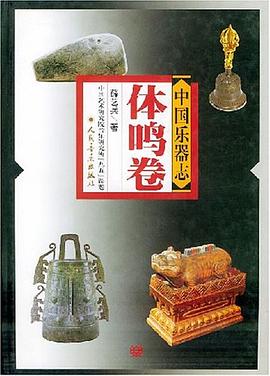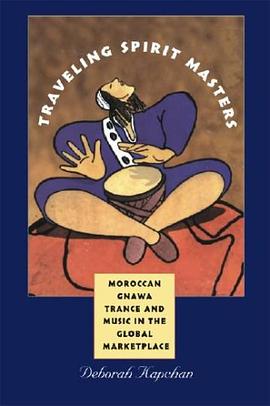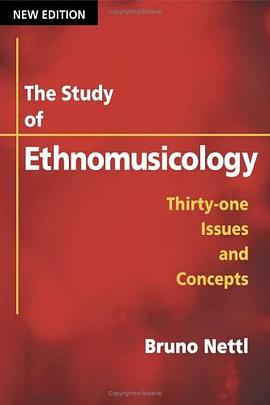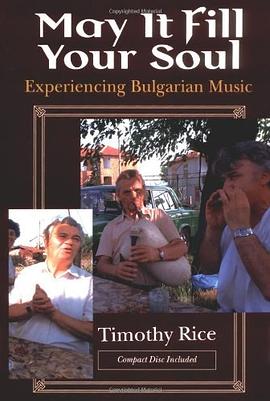

具體描述
This ethnography documents and interprets the history of folk music, song and dance in Bulgaria over a 70-year period of dramatic change. From 1920 to 1989, Bulgaria changed from a nearly medieval village society to a Stalinist-planned industrial economy to a mix of capitalist and socialist markets and cultures. In the context of this history, Rice brings Bulgarian folk music to life by focusing on the biography of the Varimezov family, including the musician Kostadin and his wife Todora, a singer. Combining interviews with his own experiences of learning how to play, sing and dance Bulgarian folk music, Rice presents a detailed account of traditional, aural learning processes in the ethnomusicological literature. Using a combination of traditionally dichotomous musicological and ethnographic approaches, Rice tells the story of how individual musicians learned their tradition, how they lived it during the pre-Communist era of family farming, how the tradition changed with industrialization brought under Communism, and finally, how it flourished and evolved in the recent, unstable political climate. This work - complete with a compact disc and musical examples - contributes not only to ethnomusicological theory and method, but also to our understanding of Slavic folklore, Eastern European anthropology and cultural processes in Socialist states.
作者簡介
目錄資訊
讀後感
評分
評分
評分
評分
用戶評價
相關圖書
本站所有內容均為互聯網搜索引擎提供的公開搜索信息,本站不存儲任何數據與內容,任何內容與數據均與本站無關,如有需要請聯繫相關搜索引擎包括但不限於百度,google,bing,sogou 等
© 2025 qciss.net All Rights Reserved. 小哈圖書下載中心 版权所有

